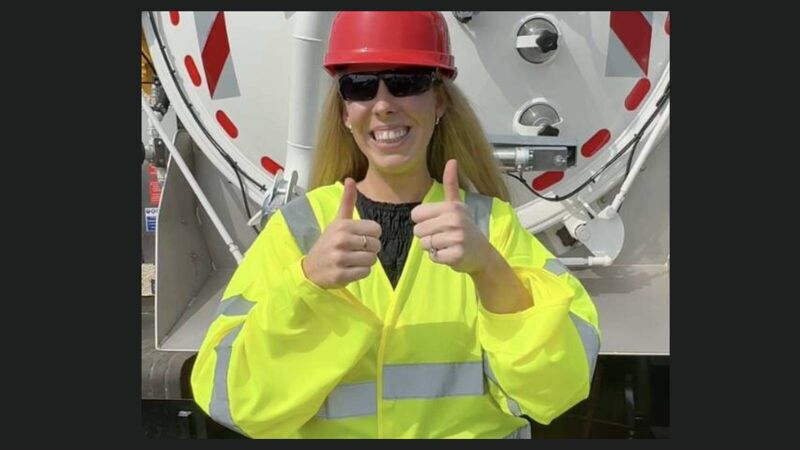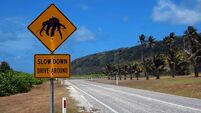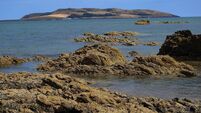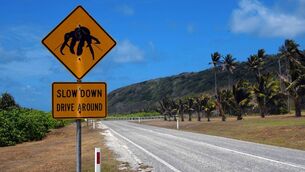Cork enviro campaigner takes a look into our sewers... so you don't have to

Shannen Healy, (aka _greengal) getting kitted out to look down the drains at Portmarnock
Is there any limit to what people flush down toilets? A system that was invented as a means of disposing of natural bodily excretions is regarded by some in the same way as waste bins.
Many toiletries, such as wet wipes, cotton pads and dental floss, are part of the ‘dirty dozen’ — the main objects that are incorrectly sent on their not-so-merry way through toilets in Ireland. Other items include hair, paper towels, medicine, sanitary products, discarded food, contact lenses, condoms, cigarette butts, and cotton bud sticks.







